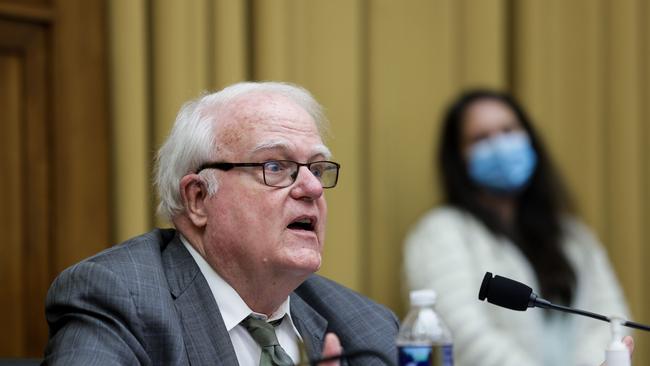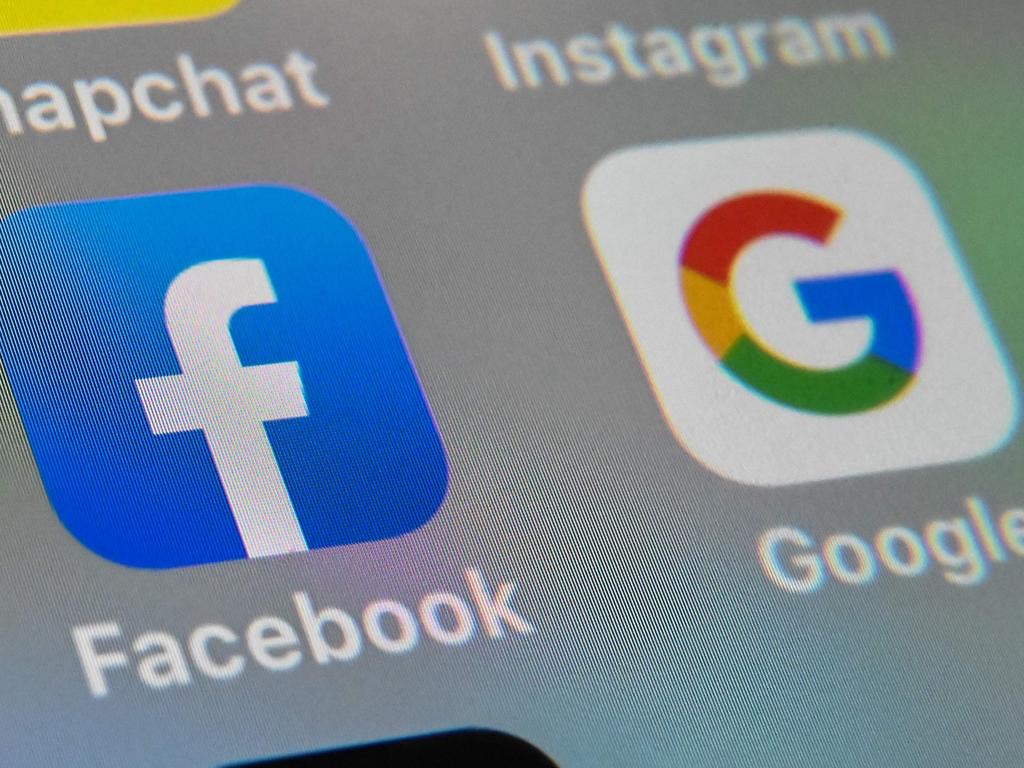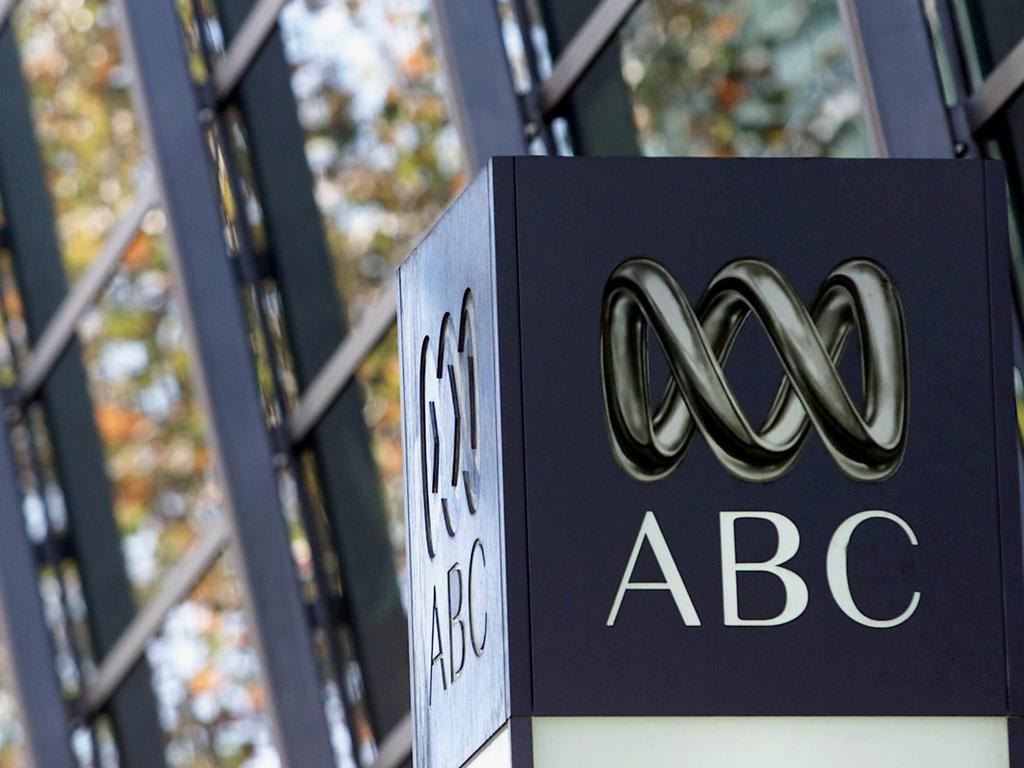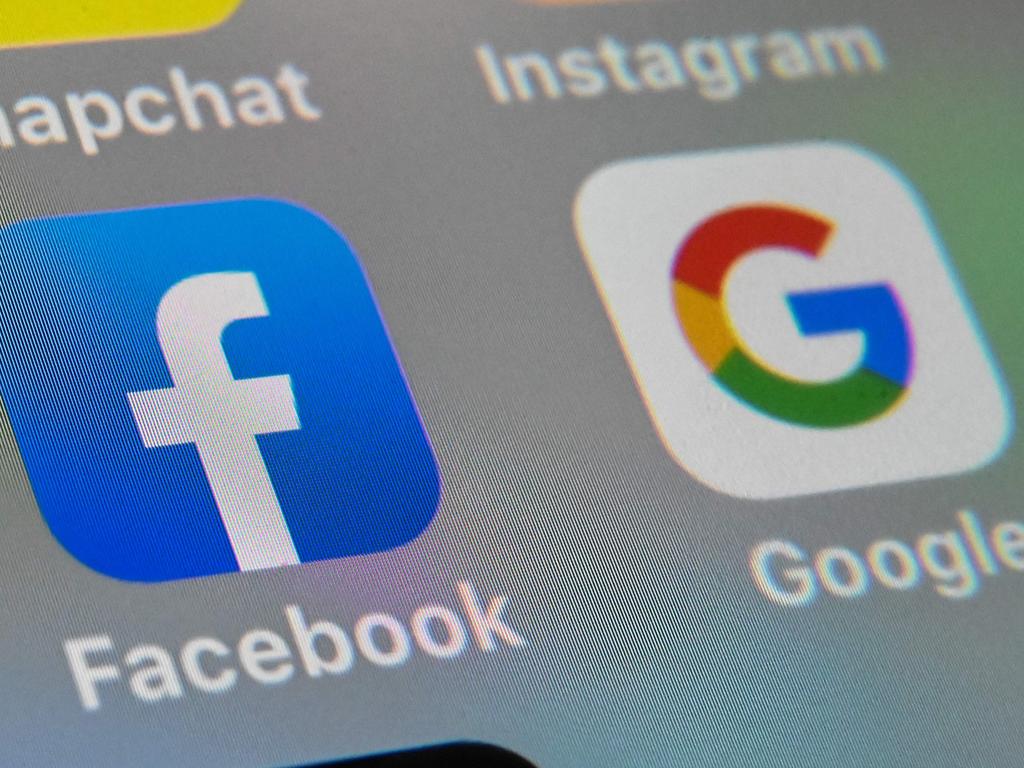Democrats, Republicans split on how to hammer Big Tech
Democrats and Republicans are deeply divided on how to deal with Big Tech’s market power.

This week’s hearing into Big Tech’s market power underscored the deep discontent in the US congress toward giant technology companies, but also divisions about what the problems are and how to address them.
In more than five hours of adversarial interrogation before the House of Representatives antitrust subcommittee on Wednesday (Thursday AEST), the chief executives of Amazon, Apple, Facebook and Google were accused of a range of unfair business practices. But Democrats focused more on the alleged stifling of competition to preserve their dominance, while Republicans honed in more on the platforms’ out-size grip on information and public debate.
Members at times dismissed one another’s concerns and proposed solutions, making it clear that legislative changes concerning Big Tech aren’t imminent.
“We do not need to change our antitrust laws. They have been working just fine,” said representative James Sensenbrenner, the subcommittee’s top Republican, at the hearing. He said law enforcement agencies should be the ones to decide whether they were wrong in permitting tech companies’ growth, allowing: “Maybe they made a mistake”.
Still, the near-universal enmity was a sign that Capitol Hill inquiries into the companies will continue no matter who controls congress next year.
“Yesterday’s event was a milestone. It makes clear to everybody that the question is no longer should we, could we do something about the platform monopolists but when exactly are we going to do it, and what exactly are we going to do?” Barry Lynn, executive director of the Open Markets Institute, which advocates for breaking up and imposing new rules on tech platforms, said on Thursday.
Robert Kaminski, an analyst with Capital Alpha Partners, counted 28 discrete policy issues representatives raised, saying it indicates the so-called Tech Lash has room to run. “The quantity and diversity of issues serve to keep the spotlight on tech for an indefinite amount of time,” he said in a note to clients.
The tech industry’s supporters dismissed the hearing as lacking in substance. “This hearing isn’t about competition, evidence, or consumers; it’s a piece of political theatre,” said Carl Szabo, general counsel of NetChoice, a trade group whose members include Google, Facebook and Amazon.
“We heard odd arguments about how each of these companies is somehow a monopoly in the same overlapping markets.”
The near-term threat to the companies remains investigations by the Justice Department and Federal Trade Commission. Justice is expected to sue Google as soon as this northern summer.
Representatives sought to put pressure on the agencies, in part by disclosing dozens of documents, such as internal company emails and strategy discussions.
“The documentary evidence shows that several of these companies were engaged in serious anticompetitive practices,” said Joe Neguse, a Democrat member of the house panel after the hearing. “Regulators in many respects across multiple administrations, Democratic and Republican, have been asleep at the wheel.”
If the hearing put scrutiny on the record of antitrust enforcers, though, it also offered examples of the arguments they would face in taking one of the tech giants to court. Representatives in both parties said Facebook’s strategy to acquire apps such as Instagram and WhatsApp appeared designed to maintain a dominant market position. But courts also would consider the effects of the transaction, as Facebook CEO Mark Zuckerberg implied when he countered that Instagram “has done wildly well largely because not just of the founder’s talent, but because we invested heavily”.
Democrats pushed for a change in laws governing competition, arguing that existing antitrust statues have failed to curb the technology giants.
Republicans’ primary concern at the hearing was perceived censorship of conservative speech by social media companies.
The Wall Street Journal







To join the conversation, please log in. Don't have an account? Register
Join the conversation, you are commenting as Logout